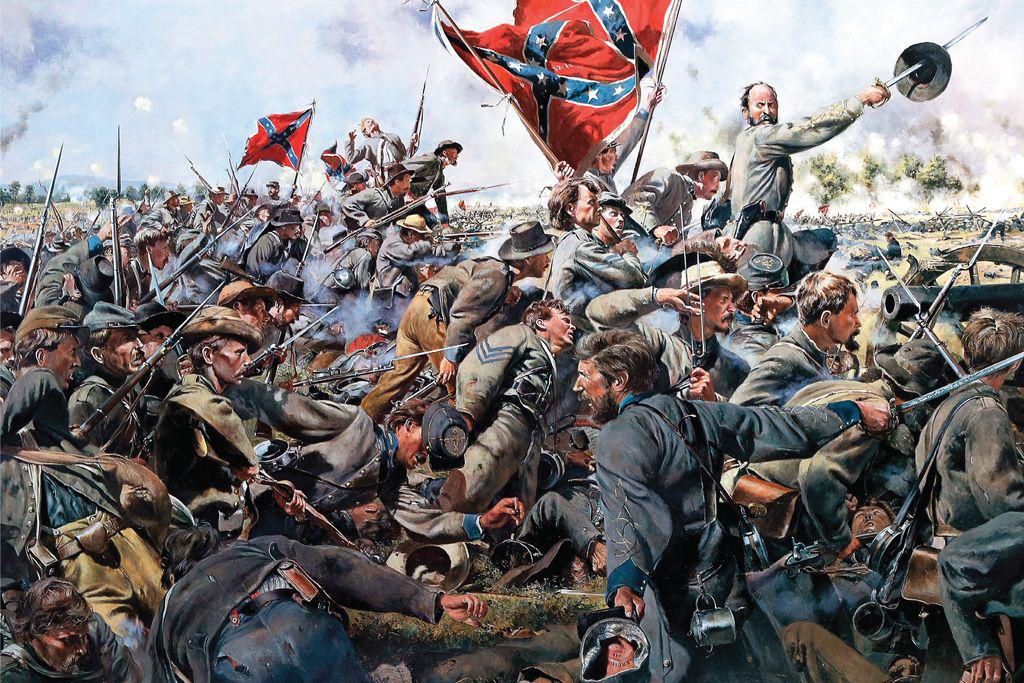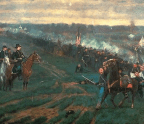REBELLION DENOUEMENT

IN PROCLAIMING GETTYSBURG’S importance, men who had fought in the Union Army characterized the battle with decisive consequences, militarily and politically. They recounted a Federal victory over a proud, mighty Confederate Army, one that never again reached comparable strength or posed such a threat as it had in the summer of 1863. By turning back the Southern tide, Union soldiers argued they had preserved the nation’s most guarded principles, freedom, democracy, and liberty. Having vanquished the enemy from Northern soil, Gettysburg became the “great crowning struggle of the war,” as a Michigan veteran described it in 1889.
That sense of importance, however, was not just a postwar construct. As soon as the Battle of Gettysburg came to a close, the Union rank and file began to appreciate the significance of their victory. For an army that had never experienced a resounding victory over its Confederate foe, Gettysburg provided an invaluable boost to confidence and morale, particularly critical for troops that had suffered through a string of unremarkable commanders.
Major General George Gordon Meade, previously commanding the army’s 5th Corps, had assumed command of the Army of the Potomac on June 28, 1863, representing the army’s third change in command that year. Three days later, Meade led the army in its most significant battle to date and proved capable of doing what no other Union commander had yet accomplished: defeating Lee. Although
You’re reading a preview, subscribe to read more.
Start your free 30 days



